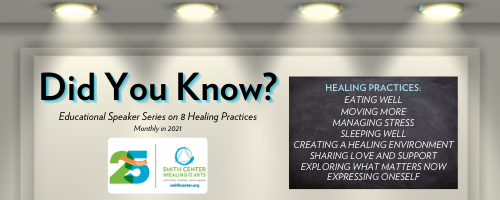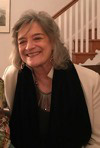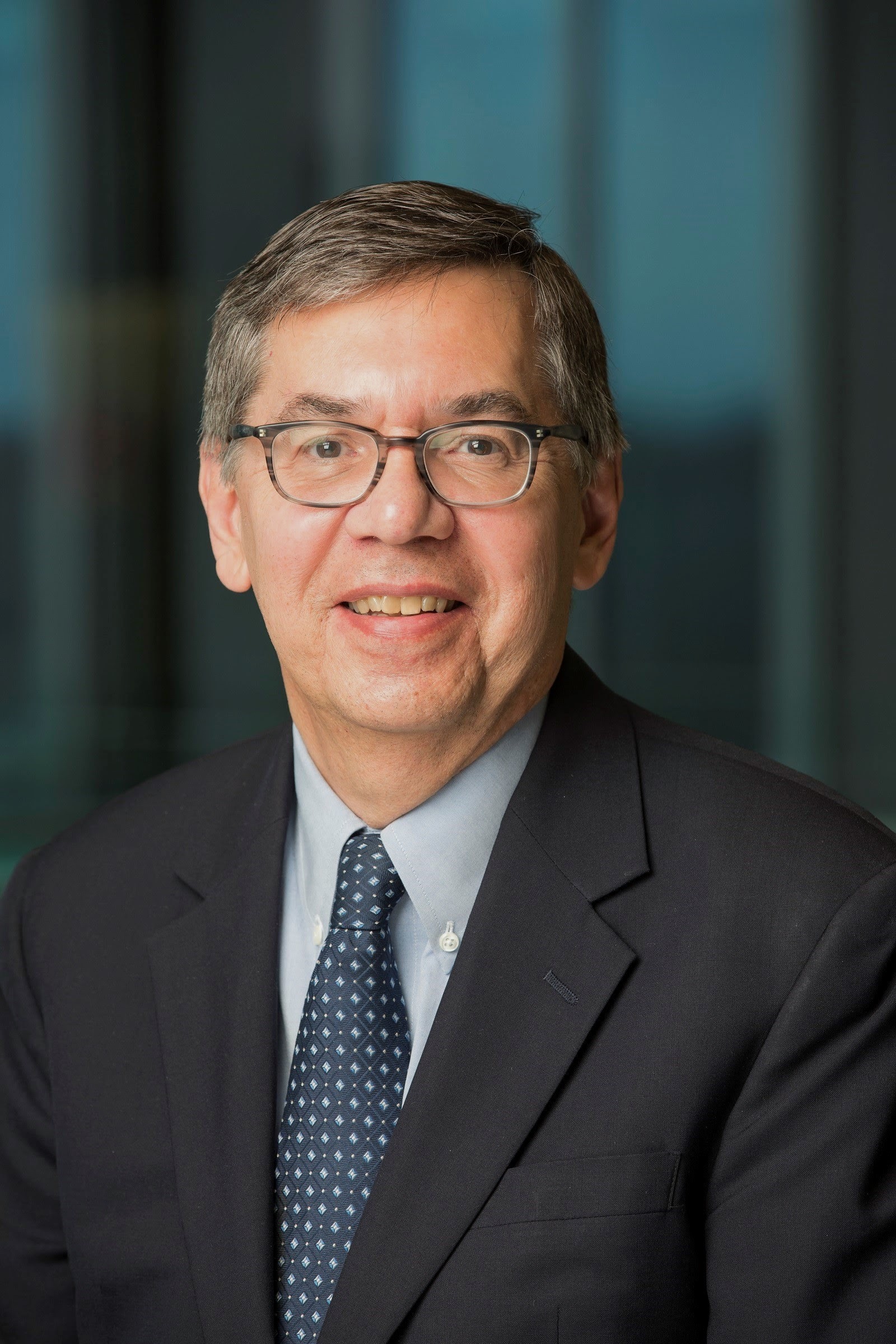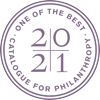
- This event has passed.
March 17, 2021 @ 6:00 pm - 7:30 pm
Event Navigation
This program is being offered virtually through Zoom. In order to participate and receive the Zoom link, you must register here or by emailing carla@smithcenter.org
with Candida DeLuise, LICSW (Smith Center for Healing and the Arts) and Paul Jacobsen, PhD (National Cancer Institute)

Did You Know?
Smith Center is pleased to announce the launch of a special series of talks designed to celebrate the 25th anniversary of the founding of the center. Each of the talks will highlight one of eight healing practices that research and practice tell us is important to the health and well-being of cancer patients/survivors, and their loved ones.
The topics include: Eating Well, Moving More, Managing Stress, Sleeping Well, Creating a Healing Environment, Sharing Love and Support, Exploring What Matters Now, and Expressing Oneself.
For each topic, we will have two expert speakers. One will provide a clear and concise review of the science behind the given topic: what we do and do not know about the topic, the impact of this practice on cancer-related quality of life and mortality specifically, and national recommendations for action. The second speaker will “translate” this information into an action plan (e.g., provide user-friendly tips about how to integrate this aspect of healing into your daily life). At the end, there will be time for a question and answer period.
Did You Know? will be hosted Monthly on Wednesdays from 6:00-7:30pm.
Upcoming Dates:
- March 17 – Managing Stress
- with Candida DeLuise, PhD and Paul Jacobsen, PhD, National Cancer Institute, Bethesda, MD
In honor of our 25th Anniversary in 2021, we are suggesting donations for this series in fractions or multiples of the number “25.” E.G. $2.50, $12.50, $25, etc.
About Candida DeLuise, LICSW

Mindfulness-Based Psychotherapy – Reiki, Energy work, Buddhist Psychology
candidadeluise@gmail.com
About Paul Jacobsen, PhD

Paul Jacobsen received his doctoral degree in Psychology from Michigan State University and completed post-doctoral training in psychosocial oncology at Memorial Sloan Kettering Cancer Center. He was subsequently recruited to the Moffitt Cancer Center where he served as founding Chair of the Department of Health Outcomes and Behavior and later as Associate Center Director for Population Science. For over 30 years, his research has focused on using knowledge from the behavioral and social sciences to understand and address quality of life and quality of care issues in oncology. Dr. Jacobsen is the author of more than 300 journal articles and has been the recipient of numerous research grants from the American Cancer Society and the National Cancer Institute. In 2016, he entered public service as an Associate Director at the National Cancer Institute where he directs the Healthcare Delivery Research Program. In this position, he leads a team whose mission is to advance innovative research to improve the delivery of cancer-related care.


